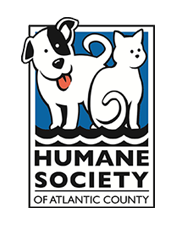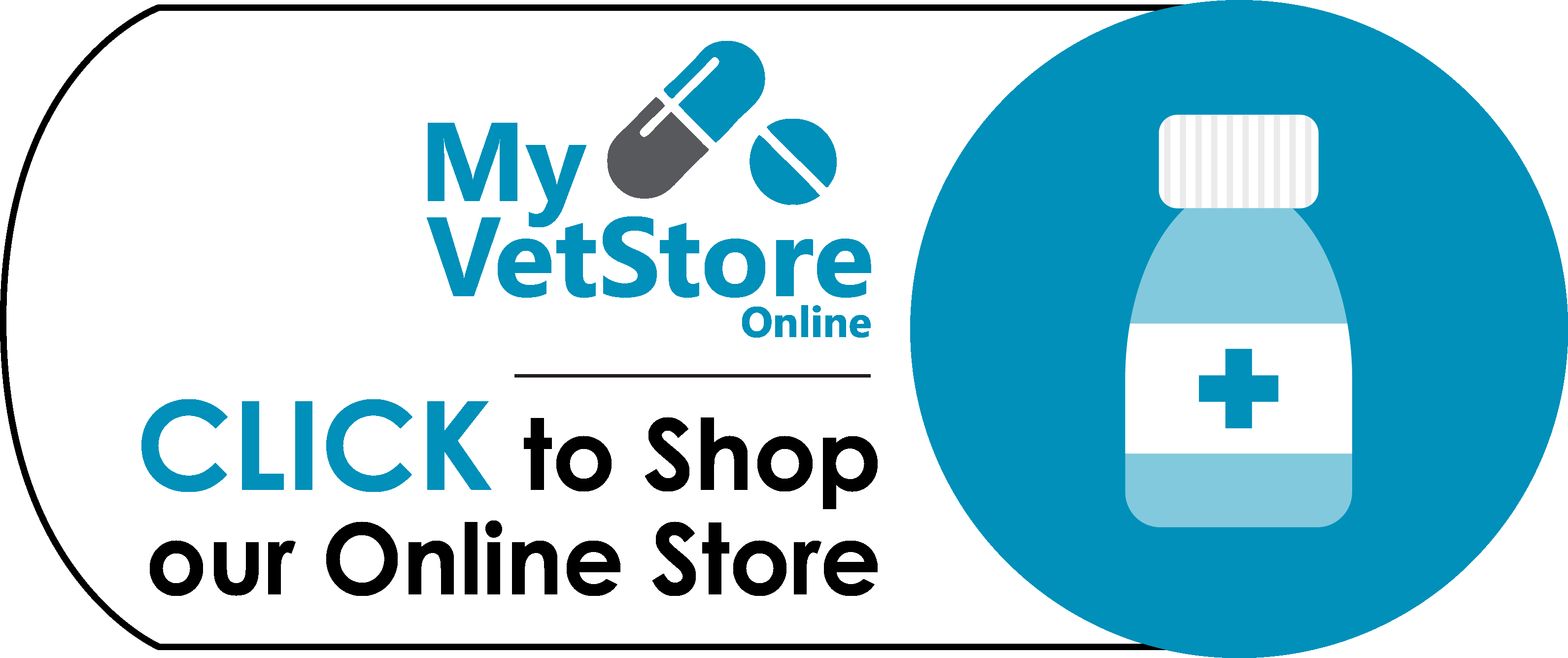Follow Us x
Humane Society AC Veterinary Services is proud to offer a full-service veterinary hospital in the Atlantic City, New Jersey area. Whether it's routine veterinary care you seek or surgery for your pet, our experienced doctors will be there for you and your pet. We perform everything from routine vaccinations to various orthopedic surgeries. We also offer digital radiography and in-house hematology services.
If you have questions about our services, email us at veterinary@humanesocietyac.org.
Our Doctors
Dr. Gregory Pieretti D.V.M
Senior Staff Veterinarian
Dr Trejo
Hours of Operation
The Humane Society of Atlantic County's normal hours of operation for its veterinary services are Monday through Friday and by appointment only. If you would like more information on scheduling an appointment, please call our veterinary receptionist at 609-348-8076.
Policies
Appointment Policy
Each individual pet (maximum two per household) is required to have a scheduled appointment. Scheduling appointments allow us to better prepare our work day, which results in less wait time for you!
Emergency Policy
At times we can accommodate emergency visits for existing HSAC Veterinary Services clients, but when we cannot, due to staffing or current workload, we will refer you to an emergency veterinary hospital. Please call ahead so we may determine if your pet can be accommodated. Non-client emergencies will receive referrals. There is an emergency veterinary hospital in our area: Ocean View Veterinary Hospital at (609) 486-5025. Please reach out to the facility for more information about their fees and services as we are not affiliated with them.
Payment Policy
We require full payment at the time that services are rendered. If you have a budget you would like our veterinarians to adhere to, please inform the receptionist at check-in. We can provide an estimate for extended services and treatment at your request after the veterinarian has examined your pet. For your convenience, we accept cash, Visa, MasterCard, American Express, Discover, Apple Pay, and Android Pay. Personal checks are not accepted.
New Clients
HSAC asks that all new clients arrive 15 minutes prior to their scheduled appointment to allow for the completion of all necessary paperwork without delaying your appointment. Please bring all previous veterinary records for your pet. This ensures our veterinarians have a full history of your pet's health and no treatment or testing is repeated unnecessarily.
Rabies Vaccination Policy
HSAC Veterinary Services requires all pets over the age of 16 weeks to be vaccinated against Rabies. Rabies vaccinations are required by law statewide for dogs and in many municipalities for cats. If your pet received a Rabies vaccination at another facility, please bring your Rabies vaccination certificate so it may be added to your pet's file. A Rabies tag is not a valid proof of vaccination. If you are unable to provide a current, valid Rabies certificate, your pet will need to receive a Rabies vaccination at your cost at the doctor's discretion.
Patient Arrival Policy
For your protection, and that of others, all dogs must be on a leash and properly controlled while in the waiting area or exam rooms. All cats must be presented in an appropriate cat carrier. If you need special assistance with the handling of your pet, please feel free to ask.
Missed Appointment Policy
At Humane Society AC Veterinary Services, your scheduled appointment time is reserved exclusively for you and your pet. HSAC does not overbook appointment times. We believe optimal veterinary care can be provided only if we have enough time set aside to adequately examine and diagnose your pet, then discuss treatment options in detail with you.
We will make every effort to accommodate your scheduling needs. In return, we ask that you help us by keeping your scheduled appointments, arriving on time, and notifying us a minimum of six (6) business hours in advance if you are unable to do so. When HSAC receives advance notice of cancellations, we are able to avoid misspent employee time and, more importantly, we are able to accommodate other patients needing care. Failure to comply with this policy will necessitate the assessment of the following fees:
• First missed appointment - Our staff will call to ensure you and your pet are alright and to reschedule your appointment. There will be a $50 deposit required, which will be applied to your next invoice.
• Second missed appointment - You will receive a phone call stating this is your second missed appointment and that you have been charged a Missed Appointment Fee of $50, thereby forfeiting your deposit.
• Third missed appointment - You will receive a phone call informing you that you have now missed three appointments and you have been charged another Missed Appointment Fee of $50, which will need to be paid prior to rescheduling another appointment. This $50 will be a charge, not a deposit.
Late Arrivals Policy
Appointments involving clients arriving more than ten minutes late may be considered under our "Missed Appointments" policy and need to be rescheduled. If you think you are going to be late for your appointment, please call us as soon as possible to determine if your late arrival can be accommodated or if you will need to reschedule. We will accommodate you after other scheduled clients when possible.
All above fees will be assessed per pet in cases of multiple-pet appointments.
Triage
Emergency cases (as determined by the veterinarian on duty) may receive priority, followed by previously scheduled appointments. After that, work-ins will be seen as they can be fit into the appointment schedule.
Financial Assistance for Pet Health Care
HSAC also offers an easy to use payment plan through our patient-financing partner, CareCredit. Click here for more information regarding CareCredit.
Goodbyes
Once you have made this very difficult decision, you will also need to decide how and where you and your family will say the final goodbye. While the HSAC Shelter can not offer elective euthanasia the HSAC Veterinary Clinic can offer this service during an appointment with our veterinary team. An exam will need to be included unless your pet is currently under our veterinarian's care. The Clinic entrance is located on the parking lot side of the building through the red door. Elective euthanasia is done by appointment only and you will have the choice of staying with your pet when scheduling the procedure.
SAYING GOODBYE
Before the procedure is scheduled to take place, make sure that all members of your family have time with the pet to say a private goodbye.
If you have children, make sure that you explain the decision to them and prepare them for the loss of the pet in advance. This may be your child's first experience with death, and it is very important for you to help her or him through the grieving process. Books that address the subject, such as When a Pet Dies by Fred Rogers or Remembering My Pet by Machama Liss-Levinson and Molly Phinney Baskette, may be very beneficial in helping your child to deal with this loss.
It is an individual decision whether or not you and your family want to be present during the euthanasia procedure. For some pet owners, the emotion may be too overwhelming, but for many, it is a comfort to be with their pet during the final moments. It may be inappropriate for young children to witness the procedure since they are not yet able to understand death and may also not understand that they need to remain still and quiet.
Some veterinarians will come to your house, which allows both the pet and the family to share their last moments together in the comfort of their own home.
Euthanasia: Making the Decision
While some pets die of old age in the comfort of their own home, many others become seriously ill, get injured in some way or experience a significantly diminished quality of life as they grow very old. In these situations, it may be necessary for you to consider having your pet euthanized in order to spare it from pain and suffering. Here are some suggestions for dealing with this difficult decision, as well as some information about the euthanasia procedure itself.
KNOWING WHEN IT'S TIME
Talk to your veterinarian. He or she is the best-qualified person to help guide you through this difficult process. In some cases, your veterinarian may be able to tell you definitively that it is time to euthanize your pet, but in other cases, you may ultimately need to make the decision based on your observances of your pet's behavior and attitude. Here are some signs that may indicate your pet is suffering or no longer enjoying a good quality of life:
He is experiencing chronic pain that cannot be controlled with medication (your veterinarian can help you determine if your pet is in pain).
He has frequent vomiting or diarrhea that is causing dehydration and/or significant weight loss.
He has stopped eating or will only eat if you force feed him.
He is incontinent to the degree that he frequently soils himself.
He has lost interest in all or most of his favorite activities, such as going for walks, playing with toys or other pets, eating treats or soliciting attention and petting from family members.
He cannot stand on his own or falls down when trying to walk.
He has chronic labored breathing or coughing.
WHAT TO EXPECT
Making the decision to say goodbye to a beloved pet is stressful, and your anxiety can often be exacerbated if you do not know what to expect during the euthanasia procedure.
Your veterinarian will generally explain the procedure to you before he or she begins. Don't hesitate to ask your veterinarian for further explanation or clarification if needed.
Small to medium-size pets are usually placed on a table for the procedure, but larger dogs may be more easily handled on the floor. Regardless of the location, make sure that your pet has a comfortable blanket or bed to lie on.
In most cases, a trained veterinary technician will hold your pet for the procedure. The veterinary technician has the skill needed to properly hold your pet so that the process goes quickly and smoothly. If you plan to be present during the entire procedure, it is important that you allow enough space for the veterinarian and technician to work. Your veterinarian will probably show you where to stand so that your pet can see you and hear your voice.
Your veterinarian will give your pet an overdose of an anesthetic drug called sodium pentobarbital, which quickly causes unconsciousness and then gently stops the heartbeat. Your veterinarian will draw the correct dose of the drug into a syringe and then inject it into a vein. In dogs, the front leg is most commonly used. In cats, either the front or rear leg may be used. The injection itself is not painful to your pet.
Often, veterinarians will place an intravenous (IV) catheter in the pet's vein before giving the injection. The catheter will reduce the risk that the vein will rupture as the drug is injected. If the vein ruptures, then some of the drug may leak out into the leg, and it will not work as quickly.
Your veterinarian may give your pet an injection of anesthetic or sedative before the injection of sodium pentobarbitol. This is most often done in pets that are not likely to hold still for the IV injection. An anesthetic or sedative injection is usually given in the rear leg muscle and will take effect in about five to 10 minutes. Your pet will become very drowsy or unconscious, allowing the veterinarian to more easily perform the IV injection.
Once the IV injection of sodium pentobarbitol is given, your pet will become completely unconscious within a few seconds, and death will occur within a few minutes or less.
Your veterinarian will use a stethoscope to confirm that your pet's heart has stopped.
Your pet may experience some muscle twitching and intermittent breathing for several minutes after death has occurred. Your pet may also release his bladder or bowels. These events are normal and should not be cause for alarm.
After your veterinarian has confirmed that your pet has passed, he or she will usually ask if you would like to have a few final minutes alone with your pet.




